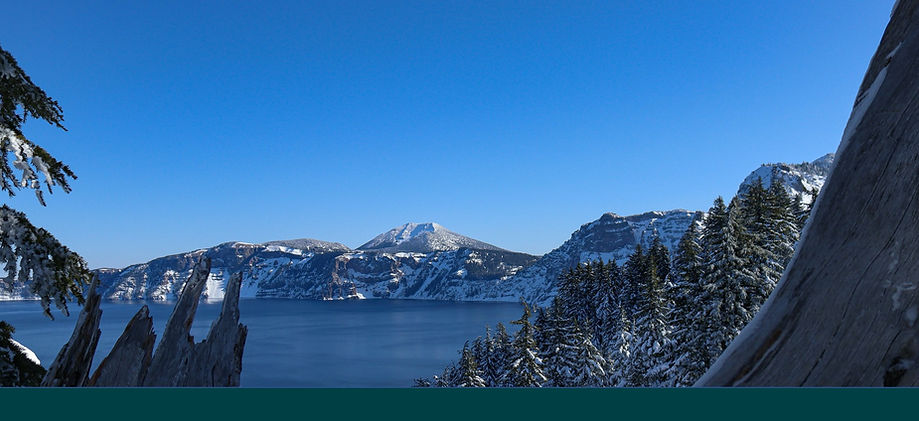

THE OREGON EXTENSION
SIMPLIFY YOUR LIFE FIRE UP YOUR MIND

FALL 2025 BOOK LIST
FALL 2026 BOOKLIST WILL BE POSTED SUMMER 2026
FALL 2025 BOOKLIST:
Incoming Students: Buy and finish reading the summer book over the summer. We will discuss it over the first few days after you arrive in August. We have ordered all the other books for the semester, and they will be here waiting for you. We order these to insure that we all have the same editions for our discussion groups.
Summer Reading
Brian Doyle, Mink River, 2010.
Cal Newport, “A Lopsided Arms Race,” Digital Minimalism: Choosing a Focused Life in a Noisy World, 2019
Meaghan O’Rourke, “I Teach Creative Writing. This Is What A.I. Is Doing to Students,” NYT, 18 July 2025
Segment 1: What is Nature?
William Cronon, “A Place for Stories: Nature, History, and Narrative,” 1992 (essay)
“The Trouble with Wilderness; or, Getting Back to the Wrong Nature,” 1995 (essay)
Annie Dillard, Pilgrim at Tinker Creek, 2007
Dianne Glave and Mark Stoll, To Love the Wind and the Rain: African Americans and Environmental History, 2005
Shepard Krech III, The Ecological Indian, 1999
Winona LaDuke, “Voices from White Earth,” 1993 (essay)
Jedediah Purdy. After Nature: A Politics for the Anthropocene, 2015
Leslie Marmon Silko, Ceremony, 1977.
Richard White, The Organic Machine: The Remaking of the Columbia River, 1995
Segment 2: What is Community?
René Girard, I See Satan Fall Like Lightning, 2001
Arlie Russell Hochschild, Strangers in Their Own Land, 2018
Ursula K. LeGuinn, “The Ones Who Walk away from Omelas,” 1973 (short story)
Dina Nayeri, The Ungrateful Refugee, 2020
Segment 3: What is a Sustainable World?
Colin Beavan, No Impact Man, 2010
Matthew Crawford, “Shop Class as Soulcraft,” 2006 (essay)
Christiana Figueres and Tom Rivett-Carnac, The Future We Choose: The Stubborn Optimist’s Guide to the Climate Crisis, 2021
ADDITIONAL BOOKS FOR EACH SKILL TRACK
Segment 4: What Does it Mean to be Human?
Fyodor Dostoyevsky, The Brothers Karamazov, trans. Richard Pevear, 1992
Wilderness Recreation
Rick Curtis, The Backpacker’s Field Manual, 2005
